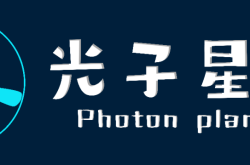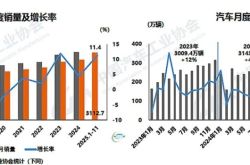The Infinite War of Honor: From Survival to Valuation
![]() 07/08 2025
07/08 2025
![]() 514
514

Written by | Wen Yehao
Edited by | Wu Xianzhi
At the turn of the year, Honor orchestrated the most watched and intriguing leadership transition in the mobile phone industry—Zhao Ming stepped down, and Li Jian took the helm.
Amidst the narrow confines of the smartphone market, Honor faced significant challenges with limited maneuverability. Judging by the strategic moves in the first half of the year, it seems that the new leader has carved out an opportunity for Honor to regain its footing.
However, mere survival is the baseline, not the objective. Honor requires a defining moment to transition from survival to ascendancy.
The opportunity arrived swiftly. At the summer product launch event, Honor unveiled the Magic V5, Magic Vs5, and new additions to the Magic family, including tablets and laptops. In one fell swoop, it addressed the gaps left in the first half of the year and repositioned itself in the high-end market.
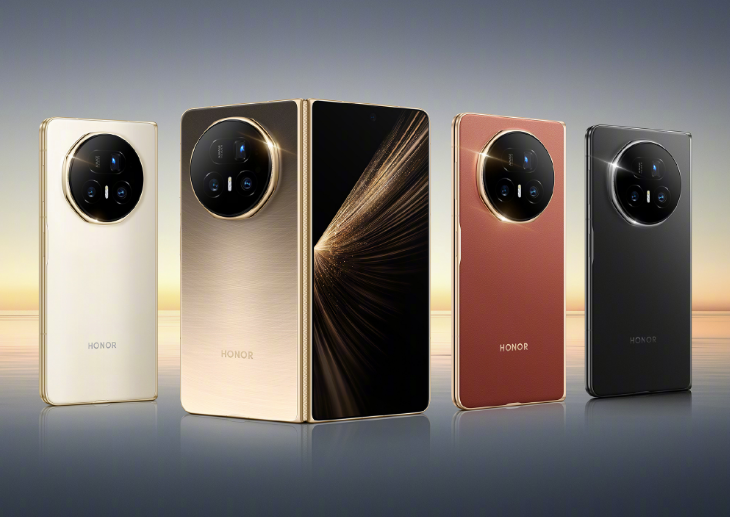
Among these, the foldable flagship stands out. During Honor's leadership transition, product line update, and IPO preparation, the significance of the foldable flagship transcends the product itself.
First, stabilize the fundamentals; then, seize the moment to soar. This sounds logical but necessitates consistency and execution. The narrative's sustainability hinges on whether Honor can establish a coherent system logic moving forward.
Until then, all assessments remain speculative.
Is Honor truly stable now?
This is likely the question of utmost concern to the outside world. To answer this, we must delve into the Honor 400 series.
Upon taking over, Li Jian faced two pressing questions: stabilizing the situation and curbing the deceleration of the old system. Rather than launching a high-profile flagship, he chose the Honor 400 series—a mid-range phone priced above 2,000 yuan—as the answer.
This isn't a product to articulate brand ideals but a pragmatic 'pain reliever.' With a large battery, strong imaging, and a flagship chip, it offers everything you need. The Honor 400 series shuns metaphysical narratives, firmly planting its feet on the ground. This step seems to have struck a chord, reigniting Honor's long-silent fundamentals.
CFO Peng Qiuen described the market feedback of the Honor 400 series as 'encouraging.' Sales increased by 195% year-on-year, with over a million activations within a month, making it Honor's fastest-growing product in the past three years.

More notably, the overseas performance was exceptional—users queued up to buy in the Philippines, and sales surged in Thailand and the Middle East. Channel partners' attitudes have shifted, alleviating the previously tense upstream and downstream relationships.
In a sense, this battle marked a rare self-reflection for Honor in recent years. In recent years, the mid-range segment, once the most reliable, was ceded during rounds of high-end pushes, causing Honor to lose direction amidst OPPO, Xiaomi, and other brands' aggressive downward expansions.
However, in the first half of this year, Honor rediscovered the realistic logic obscured by past 'ambitions': in the domestic smartphone market, brand stability is not solely determined by flagship products but also supported by the mid-range. Success above 7,000 yuan signifies 'dignity'; while selling well below 3,000 yuan ensures survival.
The Honor 400 series shoulders a dual mission: stabilizing sales fundamentals and shifting the strategic rhythm—from the high-profile, aggressive approach of the Zhao Ming era to the more pragmatic mid-range strength accumulation of the Li Jian era.
However, it would be premature to declare Honor 'stable.' This is a tactical victory, not a strategic one—more about survival than symbolic meaning.
For Honor, eager for an IPO, the mid-range market can alleviate team and channel hunger to some extent but cannot support the brand's long-term valuation or its role as a 'tech company' in its IPO narrative.
The real challenge lies in transitioning from survival to valuation. This is a question the Honor 400 series cannot answer. Detached from narrative froth, the answer must come from the foldable flagship at this stage.
Honor Cannot Afford to Lose the Foldable Battle
The Honor Magic V5 isn't Honor's first foray into foldable screens but the one card it cannot afford to mess up.
Foldable screens were once seen as a 'technological salvation' by the smartphone industry but have since lost some of their luster. Honor's decision to double down now is both courageous and necessary.
Betting on foldables was also a response to limited options at the time. Post-split from Huawei, Honor's OS was nascent, channels fragmented, and brand narrative vague. In that coordinate system, the 'foldable screen' card, with its potential 'high-end'化学反应, was one of the few paths upward.
Based on this, Honor saw foldable screens as the optimal solution to break into the high-end market, gambling on the 'time difference'—with Apple yet to enter and domestic brands on the same starting line, binding 'Honor' with 'foldable screens' to break free from cost-effectiveness and 'Huawei subsidiary' narratives.
Since 2022, Honor has heavily invested in this track, pouring billions into R&D. This established its industry reputation and garnered market response—almost every Magic V series generation played the 'lightest and thinnest' card, with the Magic V2 once leading the horizontally foldable category in sales.
Yet, behind these impressive sales figures, the core problem persists—Honor aims to establish a high-end image with foldable screens, but foldables aren't a mainstream option for the mass market.
This mismatch lingers with Honor. Currently, the foldable screen market is sluggish—slow sales, complex after-sales, and long turnover cycles are increasingly difficult to conceal. Canalys estimates that foldable phone shipments in 2025 will only achieve a 0.1% year-on-year growth rate.
Li Jian stepped up to these real-world challenges. He knows the foldable screen path isn't easy but has limited options.
Moreover, with Honor's IPO progressing orderly, it must become 'valuable'—reflected in both narrative and tangible data. The latter points to two core capabilities: standing firm in the high-end market and high-quality overseas expansion.
These thresholds are precisely where foldable screens lie. Compared to the fiercely competitive straight-plate flagship track where the Magic digital series resides, foldable screens are one of the few products Honor can showcase to prove its 'upward ability'.
From a product perspective, the Magic V5 is indeed impressive: the thinnest and lightest horizontal folding phone in the industry, with self-developed chips and AI agents creating a 'light, strong, and stable' experience loop. From hardware to OS to AI, Honor has poured almost all its resources into the Magic V5, aiming to reshape its high-end positioning.
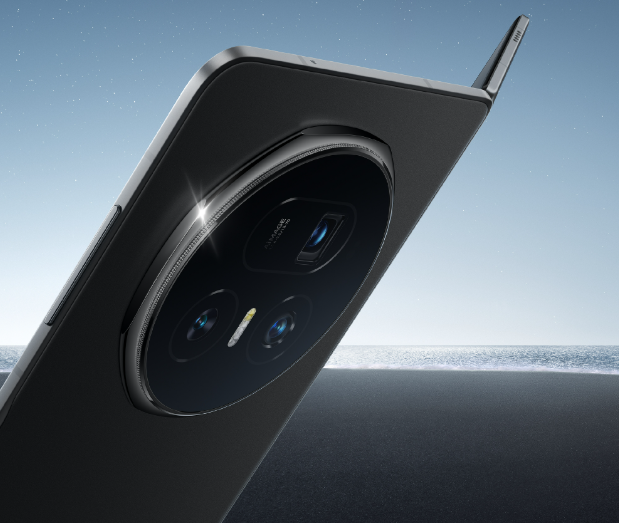
The window period for foldable screens isn't as open as three years ago. Apple, though slow to enter, has always observed. Its entry could rewrite price anchors and user perceptions, causing widespread industry anxiety and unspoken expectations.
In response, Fang Fei, President of Honor Products, said: 'Apple's entry incentivizes us and confirms the foldable screen track's worth. More players and experiences will emerge. We welcome and look forward to competing with Apple on the same stage.'
This isn't just a polite remark. The foldable screen logic is straightforward: trade scale for efficiency. Only by increasing market share can costs be spread, prices drop, and population barriers penetrated, supporting a thick consumer market. Apple's entry could be beneficial.
If Honor can establish a brand anchor on foldable screens, complement its ecosystem, and win over more users, even with high investment, slow returns, and a challenging path, it's worth persevering.
The Road to IPO Hinges on Both Products and Systems
A product or two addresses immediate concerns: mid-range models solve shipping issues, foldable series address brand issues, and the subsequently launched Magic 8 series will tackle the more tangible problem of high-end market share.
However, the longer-term proposition remains unchanged—valuation, IPO, and sustainability post-IPO.
Days before the product launch event, Honor Device Co., Ltd. completed listing tutoring registration with CITIC Securities as the tutoring institution. A few days later, CFO Peng Qiuen responded at the event that Honor had entered the second phase of the IPO process, lasting at least three months, and that 'progress is currently smooth.'
For Honor to make its valuation logic more 'sexy' now, the answer lies in its key focus areas: AI, overseas markets, and high-end products. Each holds significance—AI represents imagination, overseas markets symbolize growth elasticity, and high-end products are tied to brand momentum.
However, it must prove these aren't just possibilities but can be connected into a self-consistent, cyclical system.
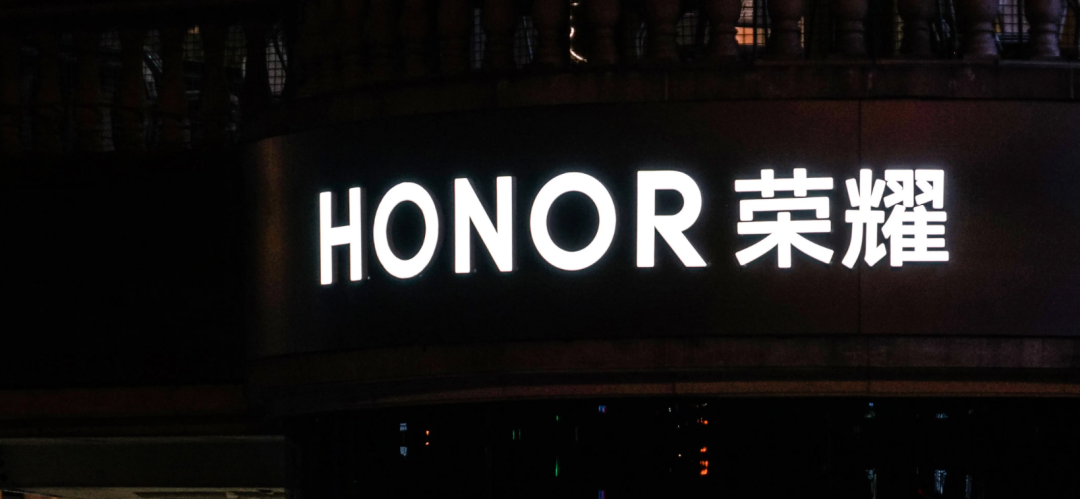
Among these, AI holds the highest expectations. It's the only entry point supporting future narratives. This is why Li Jian quickly rolled out the 'Alpha Strategy' after taking office—under Zhao Ming, it was a symbol of 'daring to dream and dare to gamble' ambition; for Li Jian, it must become a proof of capability.
For the AI story to hold, it can't stay in grand narrative bubbles but must have a landing path, product support, and user perception. On the first two points, Honor has initially set up the framework, but the third point requires gradual transformation by the consumer market—whether users are willing to pay for AI remains unresolved.
Ultimately, an IPO is a necessary path for Honor, and it must continue moving forward—even if some stories are still brewing and some products haven't yet been 'unveiled,' the game about future direction and identity has already begun.

WeChat ID | TMTweb
Official Account | Guangzi Planet



